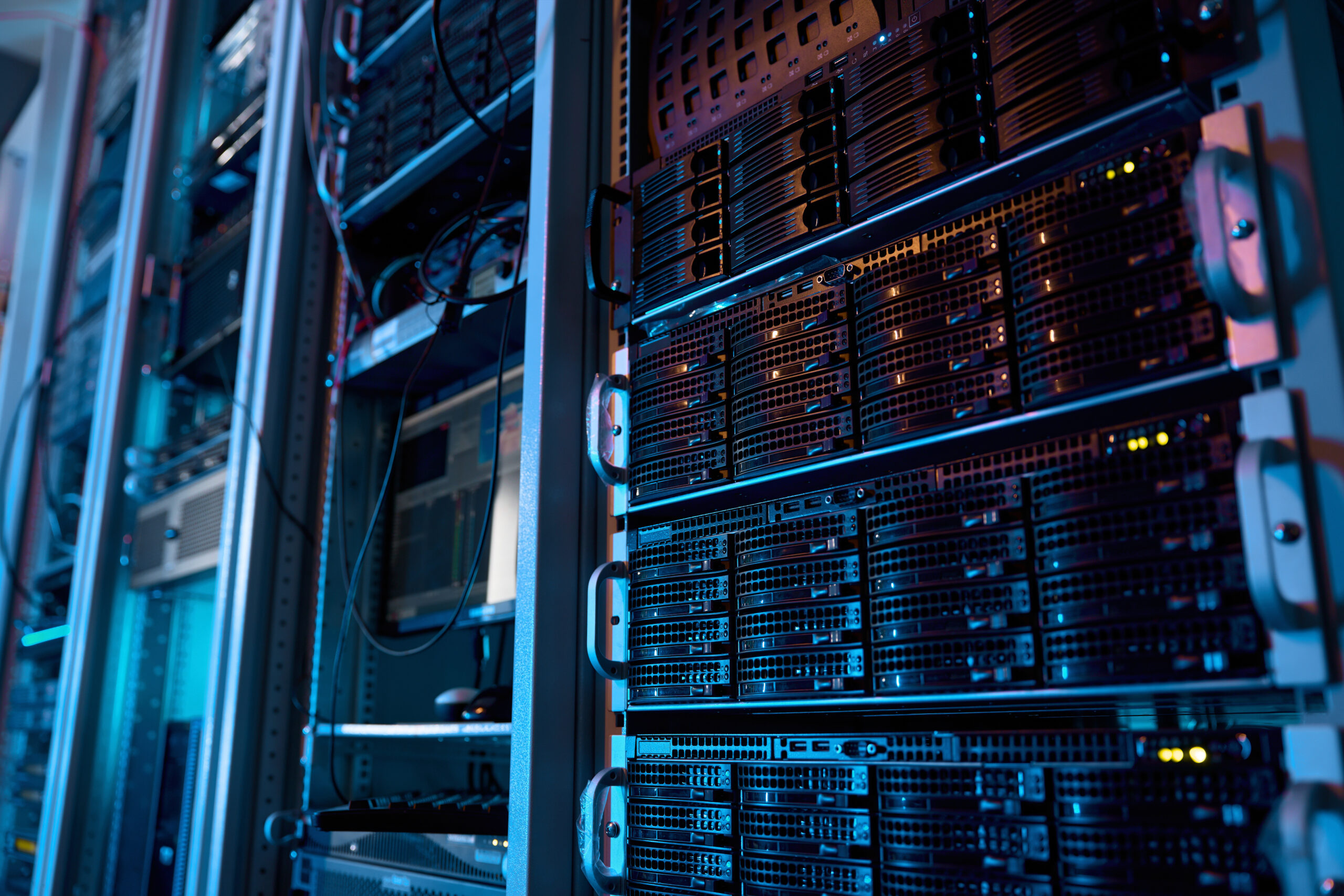
The Real Impact of Deferred Network Equipment Air Filter Maintenance
The Importance of Air Filter Maintenance
In IT and data centers, effective cooling is essential for optimal network equipment performance. Air filters are a critical component of thermal management systems, ensuring clean airflow and preventing overheating. However, deferring maintenance on these air filters can lead to significant repercussions, impacting electrical costs, power consumption, carbon emissions, and operational consistency.
Understanding the Basics
Air filters in network equipment trap dust, debris, and other airborne particles, ensuring clean air circulation within the cooling systems. Clean filters ensure efficient cooling, optimal equipment performance, and energy efficiency. Dirty or clogged filters force cooling systems to work harder, consuming more energy. Regular maintenance and timely replacement of these filters are essential to maintaining reliable and efficient network operations.
The Hidden Costs of Deferred Maintenance
When air filters are not properly maintained, cooling systems in network equipment must work harder to circulate air through clogged filters, resulting in higher energy consumption and increased electrical costs.
Example:
– A 50% clogged filter results in a 5% increase in kWh consumed.
– This can lead to an additional $43.50 over six months per piece of equipment.
– At 75% clogged, the cost rises to $55.00 per six months.
Visit our comprehensive Power Consumption ROI Calculator page to see how underperforming usage due to clogged filters are increasing the your energy costs.
Higher Power Consumption
Deferred maintenance of air filters drives up electrical costs and leads to higher power consumption. Cooling systems with dirty filters consume more electricity to maintain desired temperatures, particularly during peak usage times, significantly inflating electricity bills.
Example:
– Operating filters at 50% clogged will consume an additional 280 kWh over six months.
– For a Central Office with 80 pieces of network equipment, this results in an extra 22,400 kWh and an additional $6,984 in power costs over six months.
Elevated Carbon Emissions
Increased power consumption from overworked cooling systems leads to higher carbon emissions, impacting the environment significantly.
Example: A single piece of network equipment with a 50% clogged filter results in an increase of 249 lbs. of CO2 over six months.
Compromised Consistency
Consistency in network equipment performance is critical for reliable IT operations. Dirty filters cause inconsistent airflow, leading to uneven cooling and potential overheating, resulting in equipment failures, reduced performance, and costly downtime.
Example:
– Operating with dirty/clogged filters causes fans to overwork, leading to thermal cycling and premature electrical component failures.
– Operating temperatures above 40°C can increase equipment failure rates by 1.6 times.
Proactive Maintenance: The Key to Efficiency and Sustainability
Best Practices: Regular Inspection and Replacement: Establish a routine schedule for inspecting and replacing air filters every 3-6 months. An annual replacement cycle is recommended at minimum.
Quality Filters: Invest in high-quality air filters that meet OEM specifications and maintenance guidelines. OEM specified NEBS certified filters are critical for proper system maintenance and operation.
Universal Air Filters offers site surveys conducted by experienced technicians to audit site inventory, evaluate filter conditions, and recommend a PM maintenance program. Filters can be kitted and packaged for easy inventory control and replacements.
Filter Changeout Service
For a fully turnkey maintenance program, UAF provides filter changeout services, including equipment list updates and after-service reports.
Contact Universal Air Filter today to learn how we can evaluate your network, estimate operational cost savings, and develop a PM program to best fit your needs. You may also download our White Paper here!
